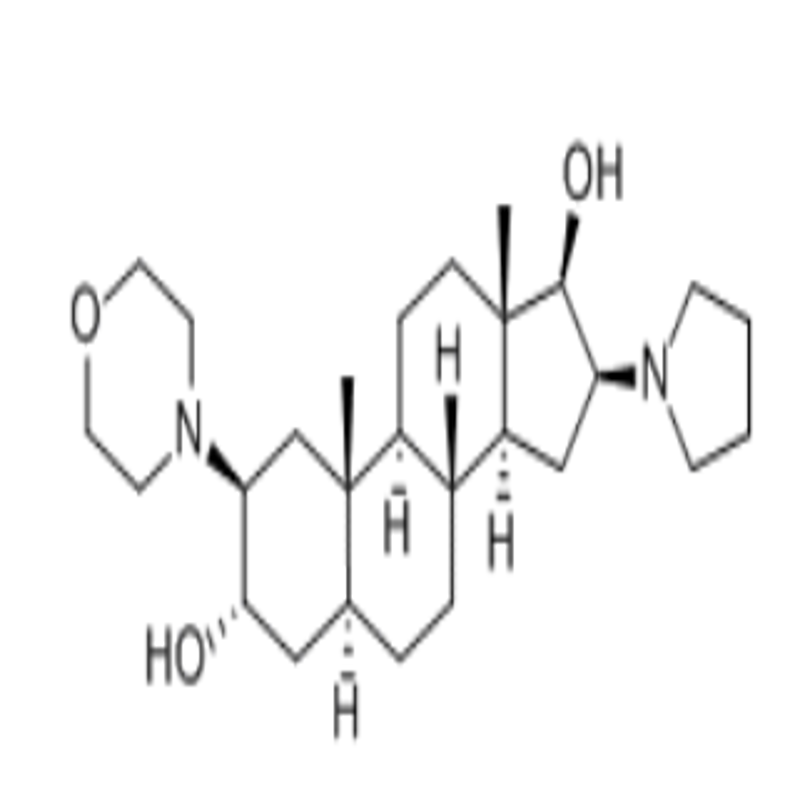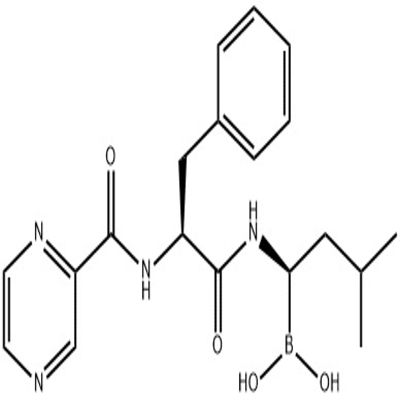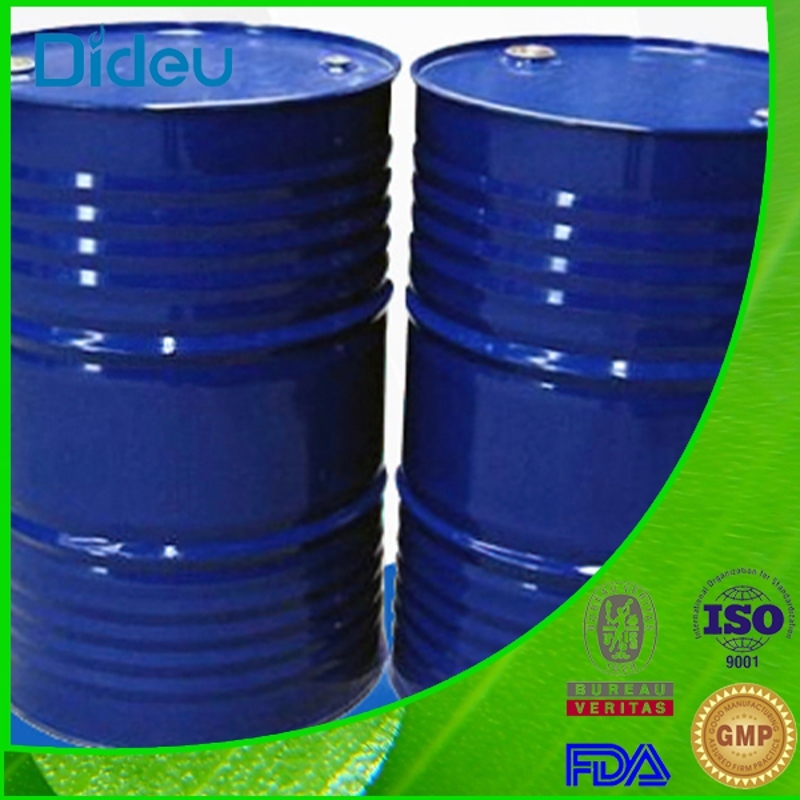-
Categories
-
Pharmaceutical Intermediates
-
Active Pharmaceutical Ingredients
-
Food Additives
- Industrial Coatings
- Agrochemicals
- Dyes and Pigments
- Surfactant
- Flavors and Fragrances
- Chemical Reagents
- Catalyst and Auxiliary
- Natural Products
- Inorganic Chemistry
-
Organic Chemistry
-
Biochemical Engineering
- Analytical Chemistry
-
Cosmetic Ingredient
- Water Treatment Chemical
-
Pharmaceutical Intermediates
Promotion
ECHEMI Mall
Wholesale
Weekly Price
Exhibition
News
-
Trade Service
3-Thiopheneacetonitrile (TAN) is a commonly used chemical in the chemical industry.
It is a colorless liquid with a distinctive odor and is commonly used as a solvent and as an intermediate in the production of a variety of chemicals.
While TAN is generally considered to be a safe chemical, it is important to take appropriate safety precautions when handling it to minimize the risk of accidents or exposure.
One of the most important risks associated with TAN is its flammability.
TAN is a flammable liquid and can ignite when exposed to heat or an ignition source.
In addition, TAN can react violently with other chemicals and materials, particularly oxidizing agents, which can result in explosions or fires.
It is important for workers handling TAN to take precautions to minimize the risk of fires or explosions, such as ensuring that the area is well-ventilated and that appropriate firefighting equipment is readily available.
Another important safety consideration when handling TAN is the possibility of exposure to the chemical.
TAN is reported to have a mild irritating effect on the skin, and prolonged exposure can result in skin sensitization.
In addition, TAN can be inhaled, which can cause respiratory irritation or even lung damage in some cases.
It is important for workers handling TAN to wear appropriate personal protective equipment (PPE), such as gloves and a respirator, to minimize their exposure to the chemical.
Finally, it is important to note that TAN should be disposed of properly in order to minimize the risk of environmental contamination.
TAN should be stored and disposed of in accordance with local regulations and guidelines, and should be handled by trained personnel to minimize the risk of accidents or spills.
In conclusion, 3-Thiopheneacetonitrile (TAN) is a useful and widely used chemical in the chemical industry.
However, it is important to take appropriate safety precautions when handling TAN to minimize the risk of accidents or exposure.
Workers handling TAN should be familiar with its properties and risks, and should follow appropriate safety guidelines to ensure a safe working environment.







